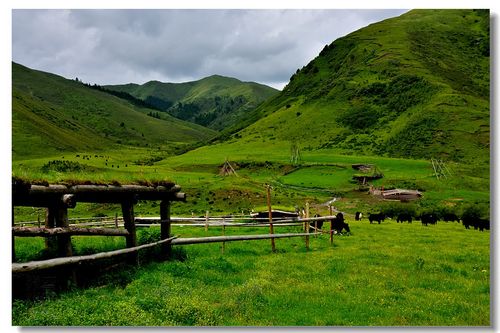Social media has transformed the way we communicate in our personal and professional lives. For schools, social media can be a powerful tool to engage with their communities, promote school events and activities, and build their brand. However, it also poses significant challenges and risks. In this article, we will explore the dos and don’ts for schools when navigating social media.
Dos:
1. Define your social media policy: A comprehensive social media policy that outlines the use of social media by school staff, students, and parents is crucial to creating a safe and supportive online community. Your policy should outline the appropriate use of social media, the consequences of violating the policy, and privacy guidelines.
2. Use social media to engage your community: Social media can be an incredibly powerful tool for schools to engage with their communities. Share information about events, highlight student and staff achievements, and connect with local businesses and organizations.
3. Monitor social media activity: Regularly monitor your social media channels for mentions of your school, and respond in a timely and appropriate manner. This will help you identify potential issues and address them before they escalate.
4. Stay up-to-date on social media trends: Social media is constantly evolving, and it’s essential to stay up-to-date on the latest trends and best practices. Consider attending social media conferences or following industry thought leaders on social media.
Don’ts:
1. Ignore negative feedback: Social media can be a platform for both positive and negative feedback. It’s essential to respond to negative feedback in a professional and empathetic manner, and take steps to address the issue.
2. Use inappropriate language: Remember that social media is a public platform, and everything you post can be seen by a large audience. Avoid using inappropriate language, and keep jargon to a minimum.
3. Share sensitive information: Avoid sharing sensitive information, such as student records or financial information, on social media. This could lead to privacy violations and legal issues.
4. Disregard copyright laws: Copyright laws apply to social media just as they do to traditional media. Be sure to obtain the necessary permissions to share copyrighted content, and provide proper attribution when necessary.
In conclusion, social media can be a valuable tool for schools, but it also poses certain risks and challenges. By creating a comprehensive social media policy, engaging with your community, monitoring social media activity, and staying up-to-date on best practices, schools can navigate social media effectively and safely. Remember to always think before you post, and to use social media to build a positive and supportive online community.
(Note: Do you have knowledge or insights to share? Unlock new opportunities and expand your reach by joining our authors team. Click Registration to join us and share your expertise with our readers.)
Speech tips:
Please note that any statements involving politics will not be approved.
